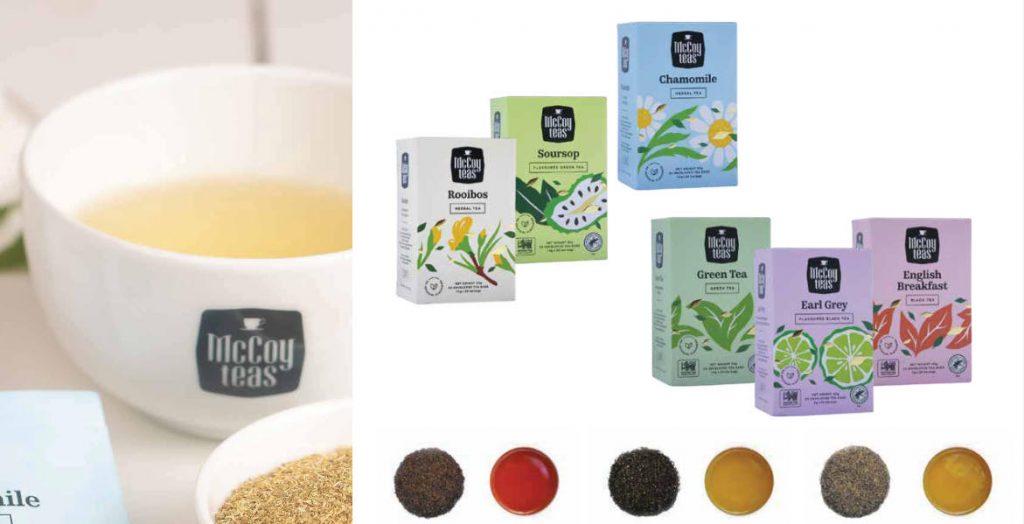#HerbalTea #TeaForWellness #HealthBenefitsOfTea #TeaLover#HolisticHealth
Composed by Anuchit Thepsee JIU Wellness Co., Ltd
Herbal tea is a beverage made from herbal plants that have been extracted to contain active ingredients. Herbal teas generally do not contain any real tea from the Camellia sinensis species, which is the origin of standard teas such as green tea, black tea, oolong tea and other teas that contain caffeine. Herbal teas can be made from the flowers, leaves, roots or fruits of various plants and are popular in many cultures around the world. The variety of ingredients allows the development of various herbal tea formulas to suit the taste and properties according to the needs of the drinker.
How to classify tea according to the definition of the Ministry of Public Health According to the definition of the Ministry of Public Health, teas from plants can be divided into several categories, mainly as follows:
1. Tea from Camellia sinensis: such as green tea, black tea, oolong tea and white tea, all of which contain caffeine and are frequently consumed in Chinese and other cultures.
2. Herbal tea: is a blend of ingredients from other plants that are not Camellia sinensis, such as kaffir lime tea, honey and basil tea, pandan tea and others. These herbal teas are usually caffeine-free and have many health properties.

For Thailand, product classification criteria Overlapping characteristics between “tea, tea from plants according to the Ministry of Public Health announcement are as follows:
Types of teas with overlapping characteristics
1. Ministry of Public Health Announcement (No. 196) B.E. 2543 on Tea (Leaves, shoots and stems of Camellia)
2. Ministry of Public Health Announcement (No. 356) B.E. 2556 on Beverages in sealed containers (dry beverages)
3. Ministry of Public Health Announcement (No. 426) B.E. 2564 on Tea from plants (specifying the list of plants and parts of plants that can be used, by using them alone or mixed together and mixing Camellia)
Criteria for consideration
1. Products that contain Camellia tea more than or equal to 90% and contain tea from plants equal to or less than 10% (for flavoring*) are classified as “tea” according to the Announcement No. 196 (Food Category 14.1.5) with standard quality. According to the tea specification, according to Section 3(1), for example – 90% green tea leaves, 10% dried bael fruit Example of food name: Bael fruit-flavored green tea – 90% tea leaves, 5% Jiaogulan leaves, 5% mulberry leaves Example of food name: Jiaogulan and mulberry-flavored tea * Each plant has its own unique scent, so it is permitted to be used to add flavor to tea.
2. Products that do not fall under Section 1 are products containing tea from plants (according to the list attached to Announcement No. 426) combined at 100% or may contain tea from plants and parts, Camellia tea (less than 90%) and no added flavor or scent (flavouring agents and flavouring agents) are classified as “tea from plants” according to Announcement No. 426 (Food Category 14.1.5), for example – 80% lotus petals, 20% chrysanthemum flowers Example of food name Lotus petal tea mixed with chrysanthemum – 50% tea leaves, 30% jasmine, 20% rose Example of food name Jasmine and rose tea
3. Products according to item 2 above and have added flavors or tastes (flavouring agents and flavouring agents) are classified as “drinks in sealed containers” according to the announcement No. 356 (Food category 14.1.4.3) such as – 80% lotus petals, 18% chrysanthemum, 2% sugar Example of food name Sweetened lotus tea mixed with chrysanthemum – 50% tea leaves, 30% jasmine, 19% rose, 1% peach flavour Example of food name Peach flavoured tea drink
Health benefits of herbal tea Herbal teas have many health benefits, such as:
Relieving stress: Teas like “chamomile” are known to help you relax and reduce stress. Digestive support: Teas like “peppermint” help to stimulate the digestive system. Immune boosting: “yellow tea” or “mint tea” contains antioxidants that help to boost the immune system.
Food and snacks that go well with herbal teas When drinking herbal teas, we can pair them with foods or snacks that go well together, such as: – Baked goods, such as whole grain cookies or cookies. – Fresh fruits, such as oranges, lemons or peaches, that will add flavor to the tea. – Healthy snacks, such as nuts or chia seeds, make drinking herbal tea a harmonious and delicious experience.
Herbal teas are not just beverages, but also traditional medical knowledge that has many health benefits. Understanding the differences between teas and herbal teas, as well as choosing the right foods to drink with them, will allow us to fully enjoy the health benefits
ชาสมุนไพร #HealthyHerbalTea #jiuwellness #jamesnourisher

